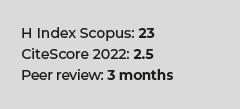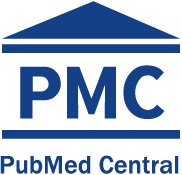New rules for medical residency qualification in Peru: problems and perspectives
DOI:
https://doi.org/10.17843/rpmesp.2016.332.2142Keywords:
Academic Dissertations, Education, Medical, Undergraduate, Internship and ResidencyAbstract
On May 11, 2015, amendment RS 017-2015-SA to the Regulation of the National System of Medical Residency (RS 002-2006-SA) was published in the Peruvian official newspaper “El Peruano”. This amendment establishes that the submission of a thesis or scholarly work is not necessary to ob tain the title of medical specialist (article 28), but when a “work project” is performed in a specialty area, it must be presented at the conclusion of the second year of medical residency (article 27). This news has been welcomed by one sector of medical residents, while others believe that the measure conflicts with their training as specialists. This article aims to analyze the new rules for medical residency qualification in Peru and its implications for research developed during this formative stage for specialist physicians.Downloads
Download data is not yet available.
Downloads
Published
2016-05-17
Issue
Section
Special Section
How to Cite
1.
Valle R, Perales A. New rules for medical residency qualification in Peru: problems and perspectives. Rev Peru Med Exp Salud Publica [Internet]. 2016 May 17 [cited 2024 Nov. 22];33(2):357-61. Available from: https://rpmesp.ins.gob.pe/index.php/rpmesp/article/view/2142































